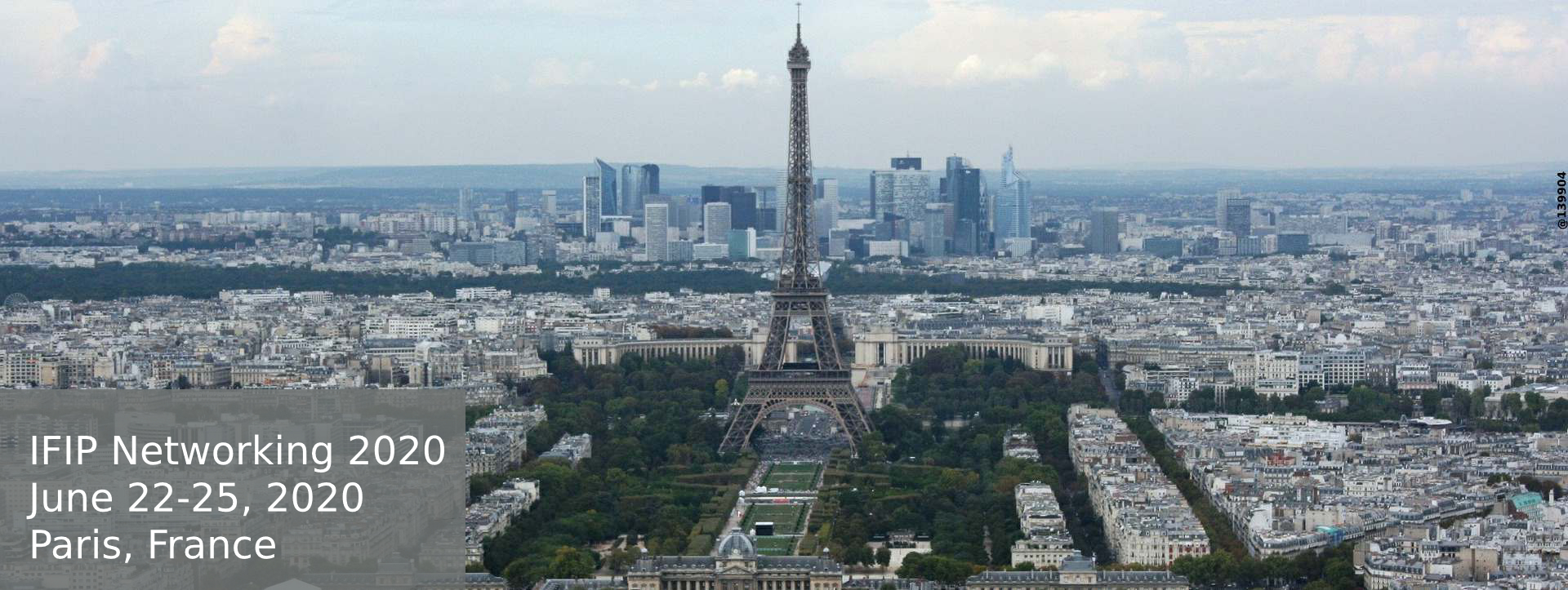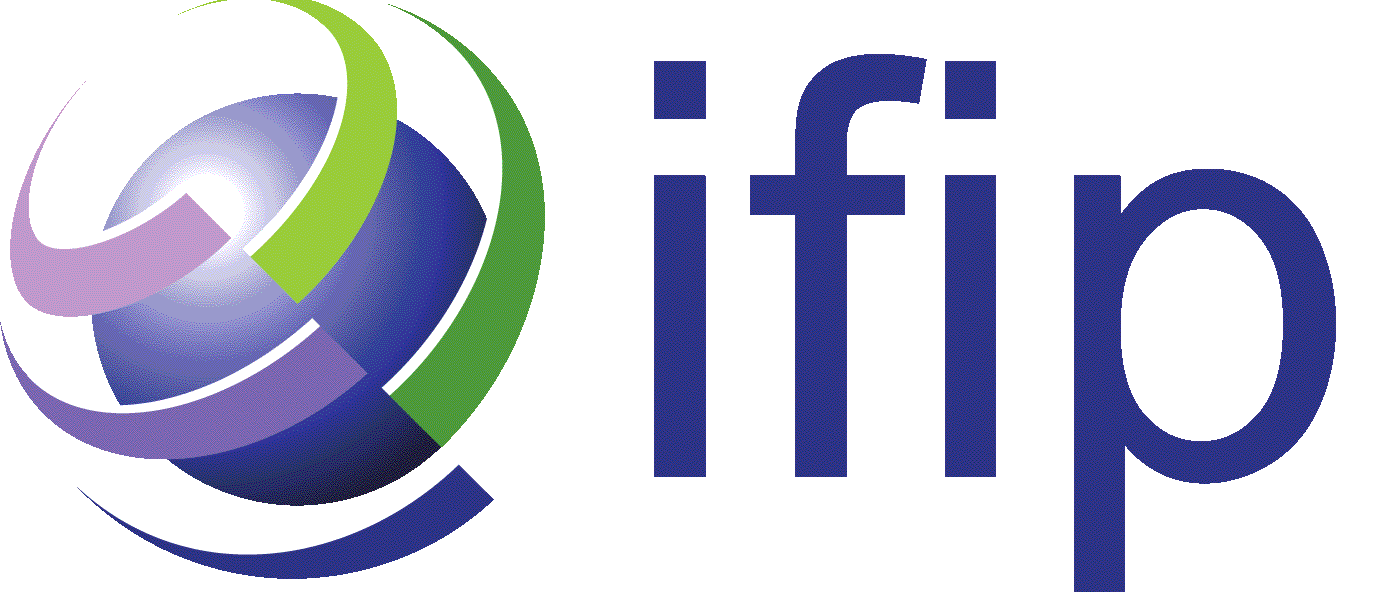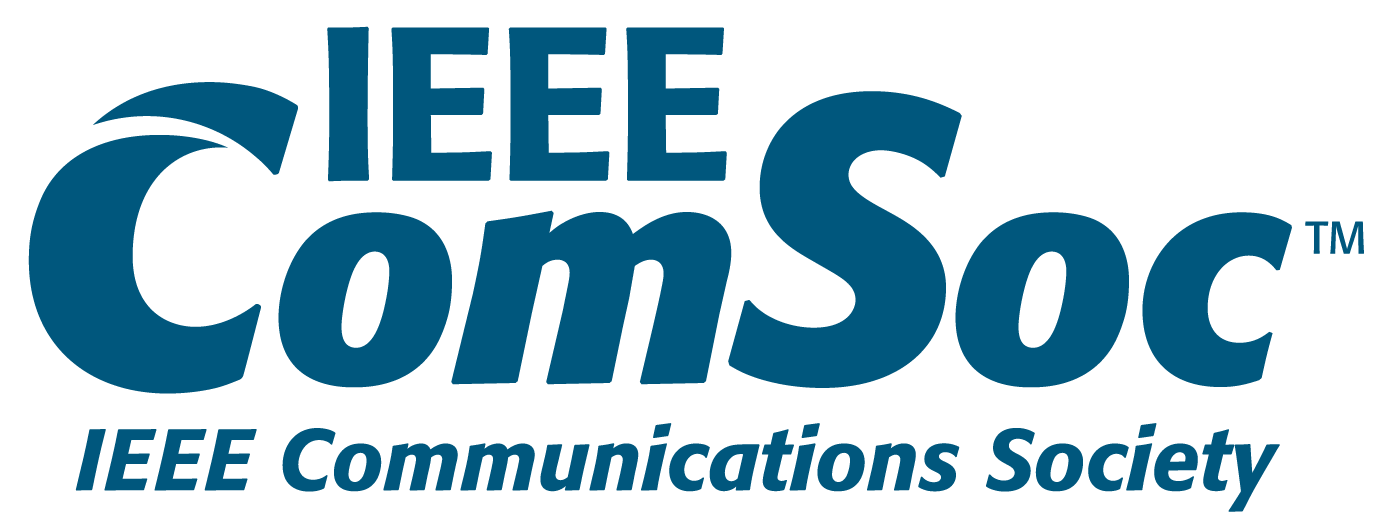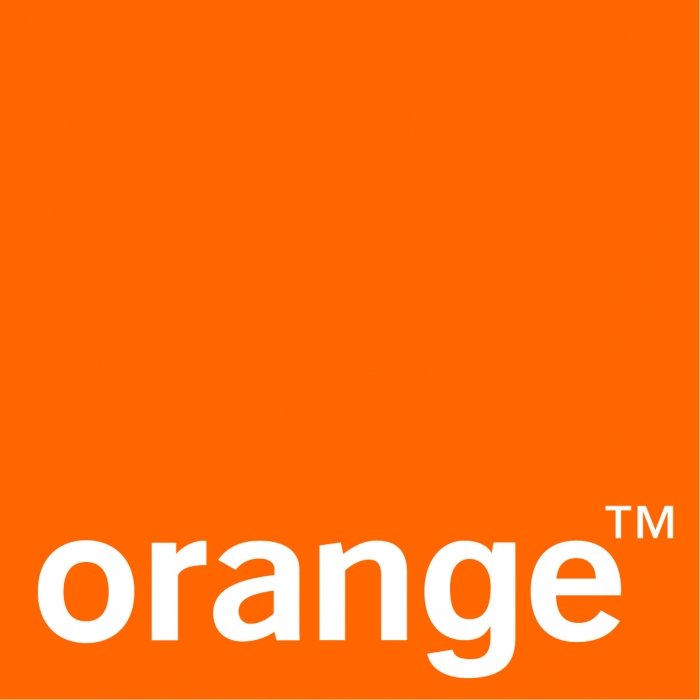Second International Workshop on Network Slicing - Network Slicing 2020
Important Update
Due to the COVID-19 pandemic, the IFIP NETWORKING 2020 Organizing Committee has decided that the conference and the workshops will run virtually and physical participation has been cancelled.
Network Slicing 2020 is on schedule for 22 June 2020. Information of the virtual platform will be announced soon.
Registration rates
Rates are in Euro (€). All rates include the legal Value Added Tax (VAT) which currently amounts 20% in France.
Workshop Registration Only
| Authors Registration by May 22, 2020 | ||
|---|---|---|
| Workshop Authors | 180 | |
| Early Registration by June 8, 2020 | Late Registration | |
| Workshop IFIP/IEEE Member | 24 | 36 |
| Workshop NON Member | 30 | 42 |
| Workshop Student | 18 | |
Program
Call for Papers (CFP)
With the emergence of 5G, the diversity of applications and network users, including vertical markets and social networks, gives rise to dynamically changing needs in terms of network services and resources. Users have today dynamic behaviors and event-related usages². As devices become network agnostic, users also expect ubiquitous access to services, from any device, via any network at any time. In addition to enhanced Mobile Broadband (eMBB) services, 5G will cover smart cities and vertical markets and its design needs to meet the requirements of massive Machine-Type Communications (mMTC), characterized by a very large density of connected objects, Ultra Reliable Low Latency Communications (URLLC), with stringent requirements in terms of low latency and high availability and reliability.
The adoption of virtualization and softwarization for networks and infrastructures is an opportunity of moving from monolithic network solutions to customized end-to-end network services designed on-demand, and dynamically deployed “on-the-fly". An important objective of network slicing is going beyond simple resource sharing and consumption reduction by providing flexible mechanisms for network service provisioning, supported by new deployment models, while ensuring smooth service continuity and automating the management and orchestration of network services and resources.
Slicing approaches are still at their early stage with regards to operational services. Multiple issues are yet to be addressed for slicing to be concretely adopted. For example, slicing of the Radio Access Network (RAN) rises specific issues as real-time requirements of low-layer network functions make their virtualization challenging and reduce slicing flexibility. Indeed, while core and access network slicing is constrained by existing mechanisms, it can be facilitated by new approaches which are the focus of this workshop.
Solutions such as Slice-as-a-Service, RAN-as-a-Service, and Automated Slice Life Cycle with runtime allocation of virtualized resources and network elements bring a series of challenges in the way network services and slices are designed, deployed, provided and intelligently managed.
There are many open questions that need to be addressed, including:
- What are the abstractions and models needed to ensure that slicing is deployable in networks?
- What are the end-to-end issues that need to be addressed to allow slicing everywhere?
- How to define new radio resource allocation and orchestration mechanisms that support the coexistence of a large number of slices?
- How do the existing technologies in computing, networking, and storage, become elements of a slice, and how are they managed in this context?
- Is it better to adapt existing components to support slicing, or is it better to design new ones?
This workshop on Network Slicing aims at providing an international forum for researchers and practitioners from Academia, Industry, network operators, service providers, equipment vendors and manufacturers to discuss and address the challenges deriving from such evolution in the application, the network and the infrastructure layers.
Enlighted by this vision, we are welcoming papers that cover or are related to any of the following topics:
- Abstraction models for network virtualization and slicing
- Network transformation schemes and strategies to support network slicing
- Adaptation approaches of legacy architectures towards slicing
- Impact of slicing on FCAPS network operations management
- Slicing heterogeneous infrastructures, Cross-domain network slicing
- Multi-Access Edge Computing slicing, Slicing at the Edge
- Slice deployment, placement and lifecycle management,
- Service Function Chaining for slices
- Automation functions and platforms for slicing (ONAP, OSM,…)
- Attachment and mobility management in Network Slicing
- Multi-tenant slicing and QoS assurance
- Artificial intelligence for slice management
- Big data and graph data bases for network slicing
- Integration of different Radio Access Technologies (RAT) into slices.
- Scheduler design for heterogeneous services
- Multiple resource allocation and fairness
- Spectrum sharing for slices
- Adaptation of lower layer network functions to slicing (massive MIMO, numerology).
- Slice management for energy efficient networks
- Exposure platforms, frameworks and APIs (description, selection, negotiation, etc.)
- “as-a-Service" paradigms for slice management and orchestration
- Game theory tools for stakeholder cooperation
- Business layer for inter-operator resource sharing
- Business roles, ecosystem value chains & Business models
Paper Submission
Prospective authors are invited to submit high-quality original technical papers for presentation at the conference and publication in IFIP Networking 2020 Proceedings.
All submissions must be written in English and use standard IEEE two-column conference template that can be downloaded from https://goo.gl/osSfEF.
Technical Papers can be of two types: Full papers, up to 6 pages, or Short papers up to 4 pages, both including tables, figures and references.
Papers submitted should describe original, previously unpublished research results, not currently under review by another conference or journal. All submitted papers will be reviewed.
Papers will appear in the conference proceeding and will be submitted on IEEE Xplore.
Only PDF files will be accepted for the review process and all manuscripts must be electronically submitted on EDAS using this link: http://edas.info/N27117.
Important Dates
- Paper Submission deadline: March 27, 2020 April 15, 2020 (extended)
- Notification: April 24, 2020 May 8, 2020 (extended)
- Camera Ready: May 7, 2020 May 15, 2020 (extended)
- Workshop date: June 22, 2020
Workshop OC and chairs
- Amina Boubendir (Orange Labs, France): This email address is being protected from spambots. You need JavaScript enabled to view it.
- Fabrice Guillemin (Orange Labs, France): This email address is being protected from spambots. You need JavaScript enabled to view it.
- Stuart Clayman (University College London, UK): This email address is being protected from spambots. You need JavaScript enabled to view it.
- Christian Esteve Rothenberg (University of Campinas, Brazil): This email address is being protected from spambots. You need JavaScript enabled to view it.
TPC members
- Cicek Cavdar (KTH Royal Institute of Technology, Sweden)
- Walter Cerroni (University of Bologna, Italy)
- Tijani Chahed (Telecom SudParis, France)
- Luis M. Contreras (Telefonica, Spain)
- Sand Correa (Universidade Federal de Goias (UFG), Brazil)
- Flavio Esposito (Saint Louis University, USA)
- Yassine Hadjadj-Aoul (University of Rennes 1, France)
- Tobias Hoßfeld (University of Würzburg, Germany)
- Slawomir Kuklinski (Orange Polska, Poland)
- Lefteris Mamatas (University of Macedonia, Greece)
- Pedro Martinez-Julia (National Institute of Information and Communications Technology, Japan)
- Barbara Martini (CNIT, France)
- Antonia Maria Masucci (Orange Labs, France)
- Samir Medjiah (LAAS-CNRS, France)
- Panagiotis Papadimitriou (University of Macedonia, Greece)
- Rafael Pasquini (Federal University of Uberlândia - UFU, Brazil)
- Sophia Petridou (University of Macedonia, Greece)
- Roberto Riggio (Fondazione Bruno Kessler, Italy)
- Joel Rodrigues (Federal University of Piauí (UFPI), Brazil)
- Raphael Rosa (University of Campinas, Brazil)
- Mateus Santos (Ericsson Research, )
- Giovanni Schembra (University of Catania, Italy)
- Stefano Secci (CNAM, France)
- Francesco Tusa (University College London, UK)
- Zichuan Xu (Dalian University of Technology, China)
- Thomas Zinner (NTNU, Norway)











